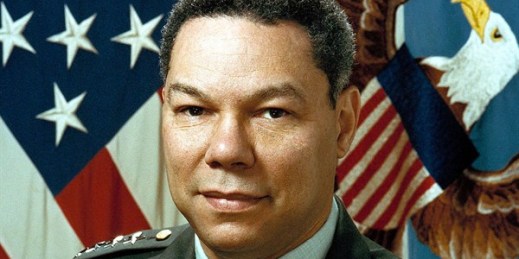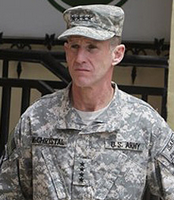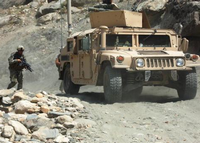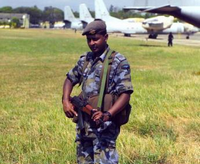
Editor’s note: The following article is one of 30 that we’ve selected from our archives to celebrate World Politics Review’s 15th anniversary. You can find the full collection here. Once upon a time, there was a grand and influential foreign policy doctrine. It was based on some traditional notions about U.S. statecraft that placed severe constraints on when America went to war. It asserted that when the United States used military force, it must do so in decisive fashion and only in the service of vital national interests.* For any military action, it counseled the dispassionate weighing of costs and benefits, […]




